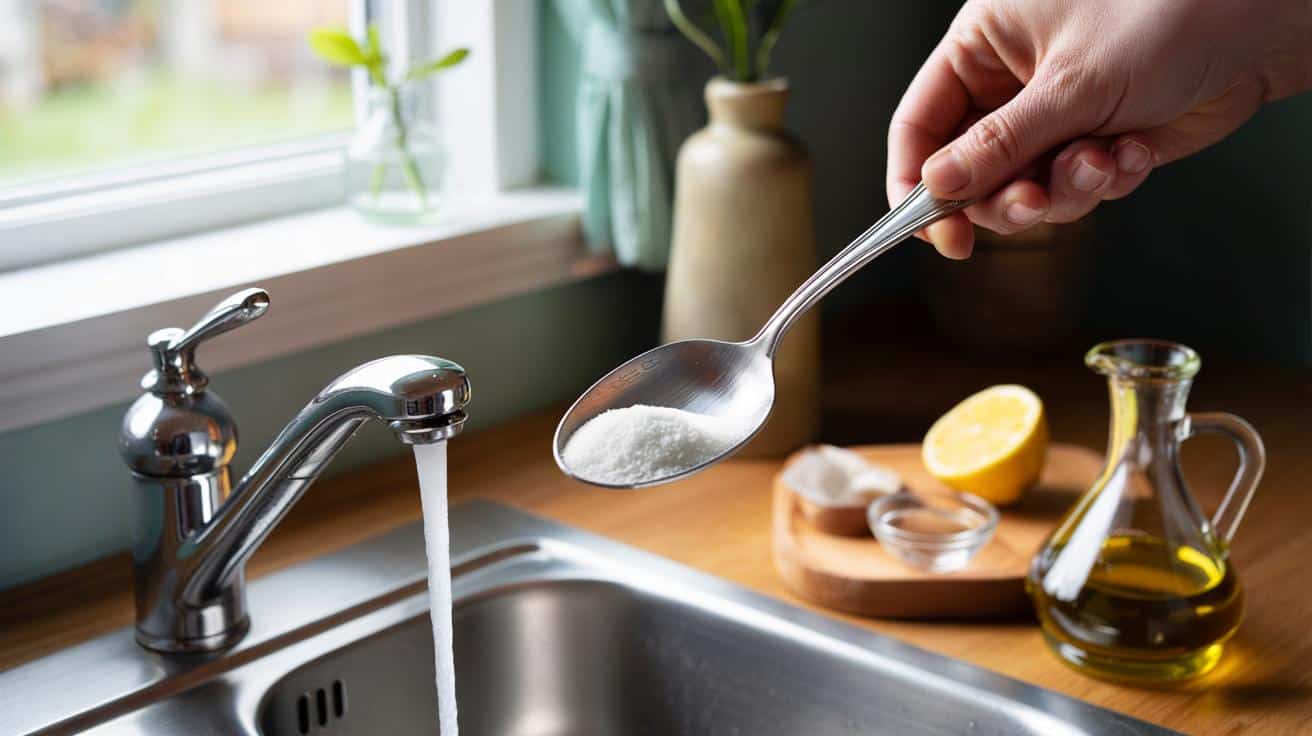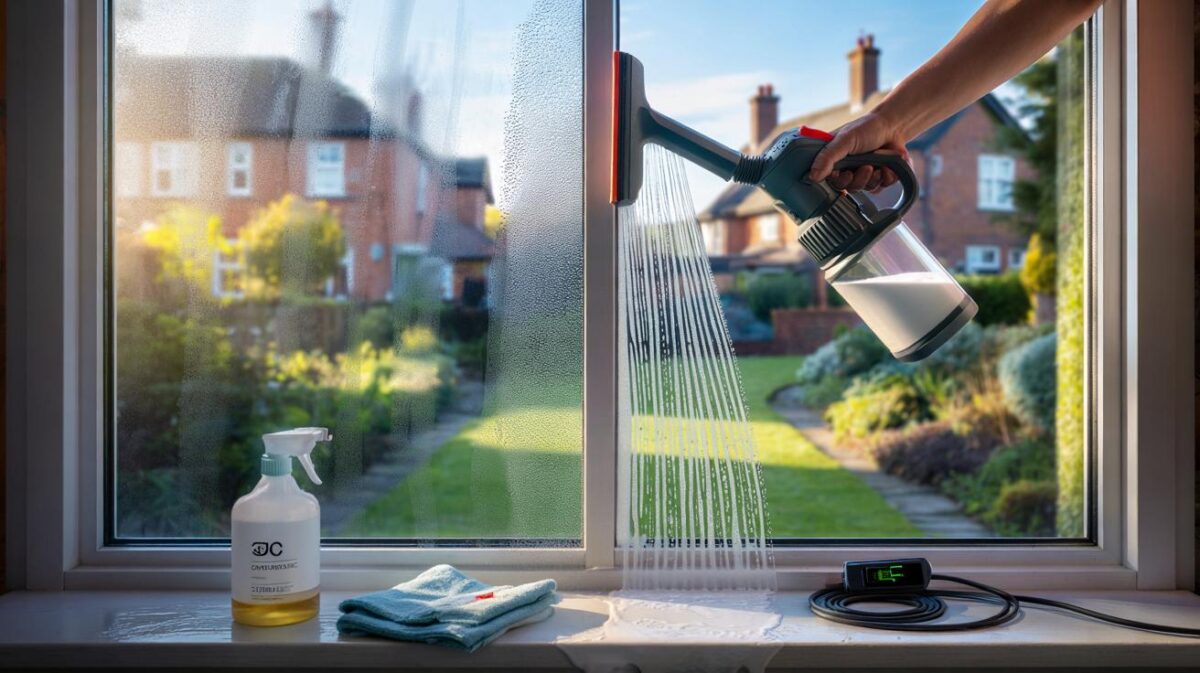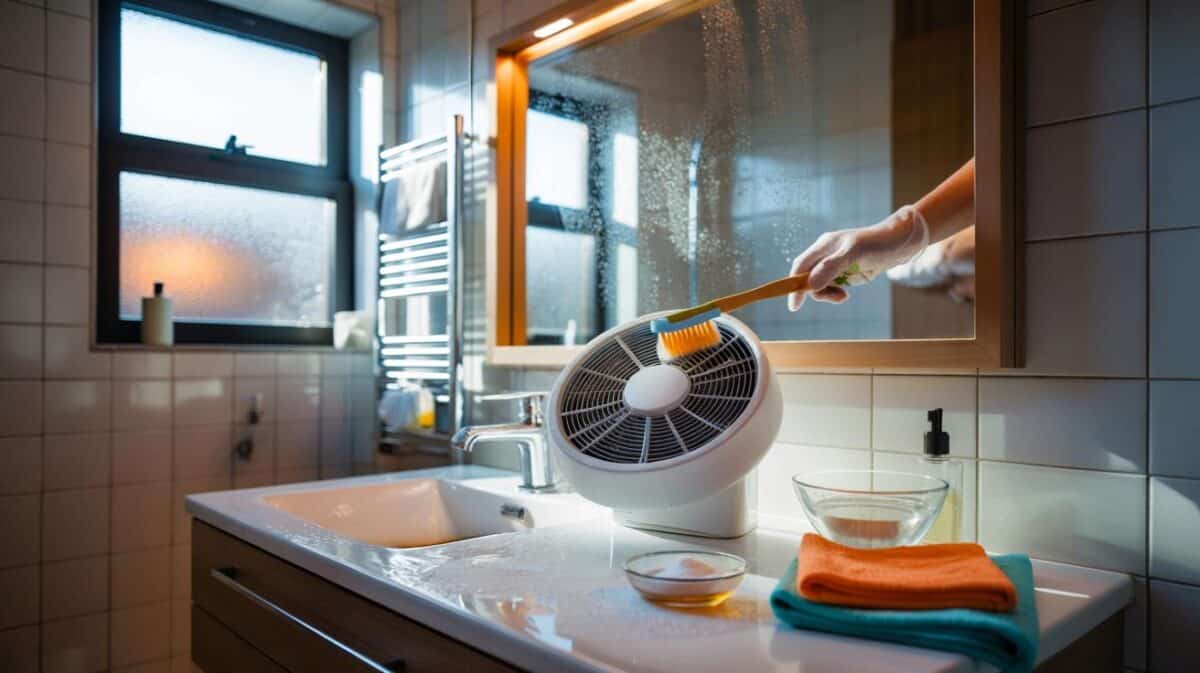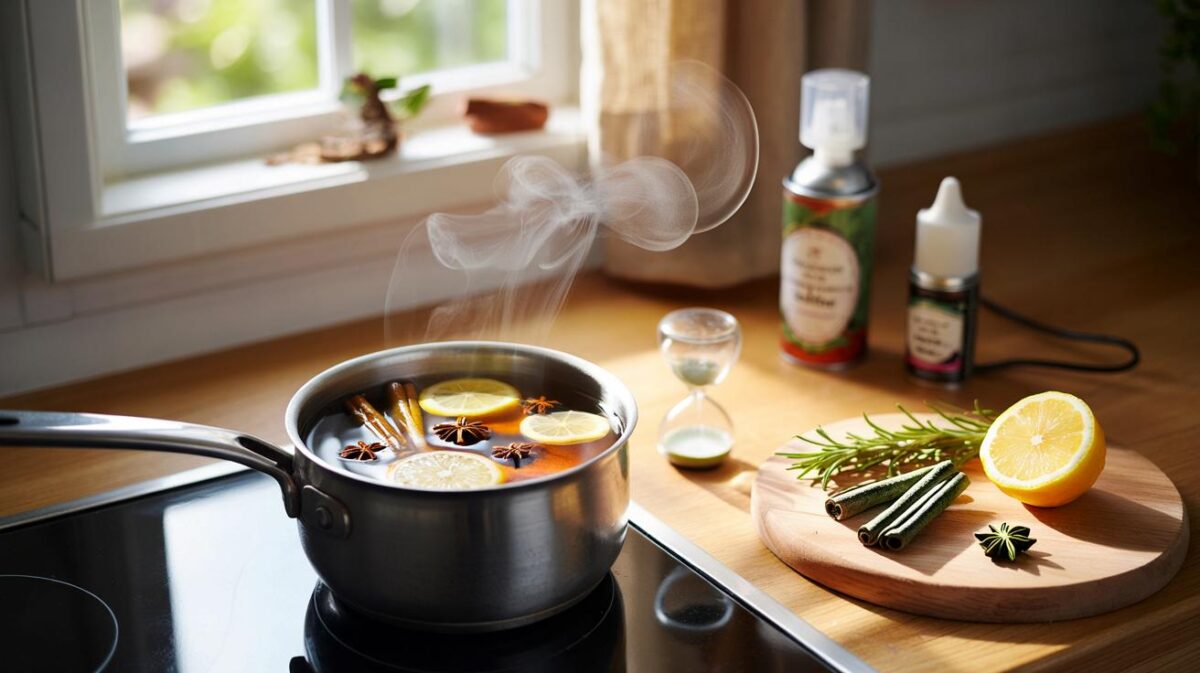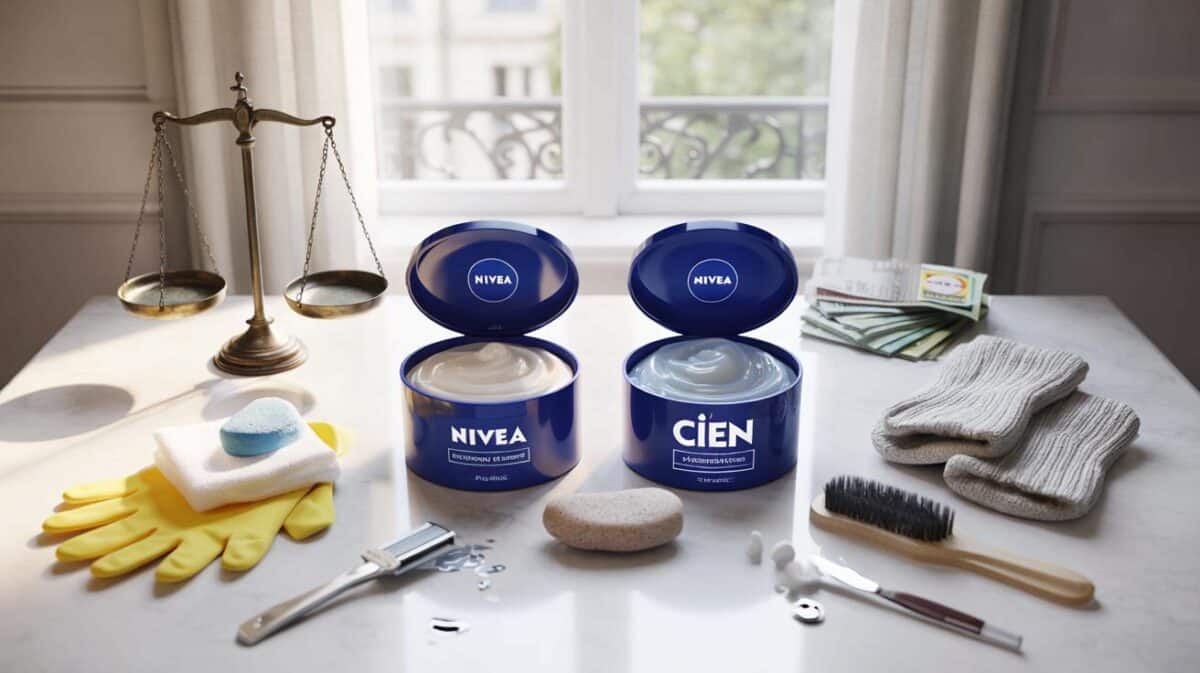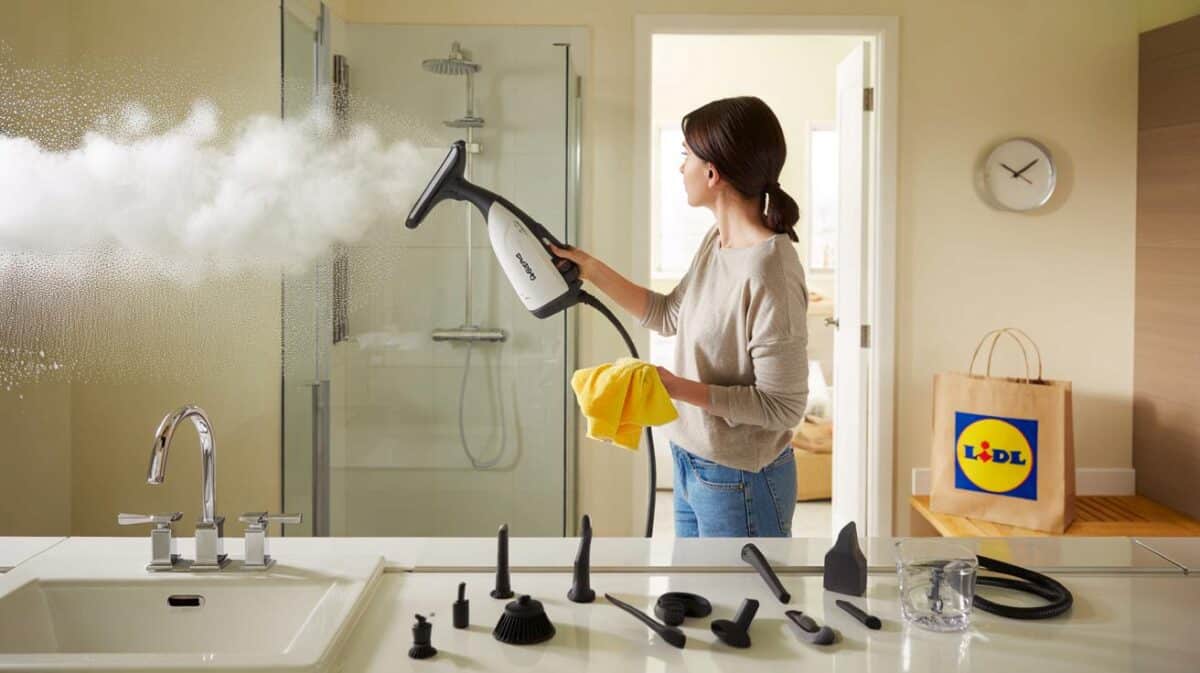The sink hummed with that faint, stubborn odour, the kettle wore its chalky collar of limescale, and a tide mark of muddy pawprints crossed the hallway like a guilty poem. I reached for the chemical cavalry under the sink, paused, then picked up the spoon instead. The bowl of it felt ordinary, a little nicked at the edge, warm from the drying rack, the most everyday tool in the house. A tablespoon of baking soda into the plughole. A tablespoon of white vinegar across the tap. A minute later, the room smelled like nothing at all, which is exactly what you want a kitchen to smell like. We’ve all had that moment when a tiny act shifts the whole tone of a day. One spoon did it. What else could it change?
The quiet power of a tablespoon
Most homes run on big intentions and small follow-through. A spoon is the antidote: a fixed measure, a gentle nudge, a promise that never feels heavy. You don’t wrestle a spoon; you use it while your tea brews and the toast pops. It’s the unit of “just enough”—enough to freshen the drain, soften the laundry, polish the steel without fuss. A tablespoon is specific and forgiving at once, like good advice from someone who knows you. **One spoon. One minute. Real results.**
I watched my neighbour Grace do it first. She keeps a clean flat in the sort of calm way that doesn’t announce itself. She tipped a tablespoon of bicarbonate of soda into the sink, followed by boiling water from the kettle. No drama, no plume of fake lemon. Twenty minutes later, the dull whiff was gone, and her stainless tap had a quiet shine after a quick swipe with oil, measured—yes—on the same spoon. It looked like nothing big, which is why it works. You do it again tomorrow.
There’s logic behind the little ritual. A fixed measure removes the dithering: not too much, not too little, no guessing. The chemistry is simple too—alkaline powder adsorbs odours, a dash of acid clears light limescale, a breath of oil evens out micro-scratches so metal looks new. On the behavioural side, the spoon becomes a cue. You see it, you scoop, the job gets done before your brain can invent a reason to scroll your phone. It’s housework that tucks itself between moments, not a battle you gear up for.
Try the Spoon Rule today
Here’s the method that flips the switch. Keep one clean tablespoon by the sink. Each time you boil the kettle, do one spoon-task. Start with this: sprinkle a tablespoon of bicarbonate of soda into the plughole, then flush with a kettleful of hot water. Next round, put a tablespoon of white vinegar on a cloth and sweep it over the tap and kettle spout; rinse and buff with a dry tea towel. Day three, a tablespoon of olive oil on a soft cloth to polish stainless steel or revive a tired chopping board. Rotate those three and watch the kitchen reset itself.
A few easy wins, a few guardrails. Vinegar doesn’t love natural stone—leave marble and limestone out of it. Baking soda is gentle but still mildly abrasive, so be kind to glossy acrylics and delicate finishes. Metal spoons can nick non-stick pans, so slide a wooden one under stuck bits and save the metal for measuring. Let’s be honest: no one does this every day. Aim for most days, most weeks. When you miss, the spoon will still be where you left it, not judging you.
The Spoon Rule isn’t a trend; it’s a small pact with yourself. It works because it’s humble and repeatable. It felt almost silly—like a trick you learn from a grandparent.
“If a task takes less than a kettle to boil, I’ll do it,” a London cleaner told me. “A tablespoon is my stopwatch.”
- 1 tbsp bicarbonate in the bin base: odours fade fast.
- 1 tbsp coarse salt on a lemon half: scrub wooden boards, rinse, air-dry.
- 1 tbsp rice in a bottle with warm water: shake to clean tight corners.
- 1 tbsp white vinegar in a jug of water: streak-free glass wipe, no harsh smell.
- 1 tbsp olive oil on cloth: polish stainless and nourish wood grain.
- 1 tbsp soda crystals in laundry: softens water, brightens fabrics.
- 1 tbsp sugar in a vase: cut flowers stand taller, last a touch longer.
Small measure, big mood
A home doesn’t change because you bought a miracle spray. It changes because you found a rhythm that fits inside real life. A tablespoon is disarmingly ordinary, and that’s why it moves the dial. When you’re tired, you can still measure a spoon. When you’re busy, you can still tip, wipe, rinse. The room smells cleaner, the tap glints, the bin behaves. You feel a bit more in charge of things, even if the laundry is pretending to be a mountain range. **Start with what’s already in reach: your spoon.** The rest is momentum. The rest is you.
| Key points | Detail | Reader Interest |
|---|---|---|
| Fixed measure, fast wins | Use a tablespoon as a cue: one spoon-task per kettle boil | Easy habit-building without planning |
| Safe, cheap staples | Bicarbonate, white vinegar, olive oil, coarse salt, rice | Spend less on products, reduce strong odours |
| Smart boundaries | No vinegar on stone, gentle use of bicarb, avoid scratching non-stick | Confidence without mishaps |
FAQ :
- Which spoon should I use—teaspoon or tablespoon?A tablespoon gives the best balance of speed and effect. If you only have a teaspoon handy, use three level teaspoons.
- Will baking soda scratch my surfaces?It’s mildly abrasive. On stainless steel and ceramic it’s fine with a soft cloth. Test first on glossy plastics or lacquered finishes and use a lighter touch.
- Can I swap table salt for coarse salt?Yes, though coarse salt has better grip for scrubbing boards. Avoid salt on soft metals and be gentle on brushed stainless.
- Is vinegar safe on stone worktops?No. Acid can etch marble, limestone, and some composites. Stick to pH-neutral soap and water for stone, then dry thoroughly.
- How do I keep the habit going?Pair the spoon with a daily anchor: kettle, podcast intro, or the first song on your morning playlist. Small, repeatable beats always win over big, rare efforts.
